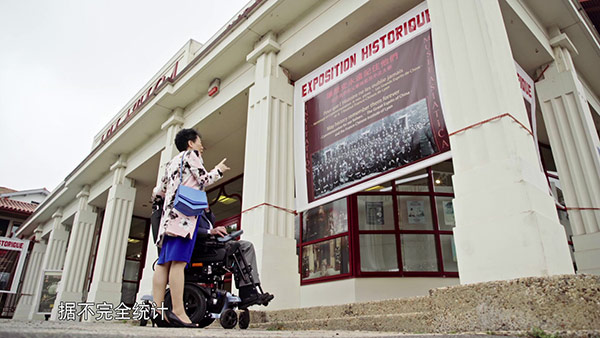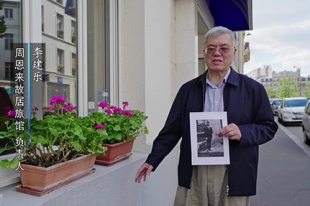Earn to learn


Documentary casts a spotlight on the Chinese who once went to France on work-study programs, Xing Wen reports.
In 1902, the social activist Li Shizeng (1881-1973) traveled to France to study agriculture in Montargis and biochemistry in Paris, becoming one of the first Chinese students to study in France.
Five years later, he published a French book about his study of soybeans that sparked the French people's interest in products made from the crop.
Li set up a factory in a Paris suburb to make soybean products. To meet the production's demand for labor, he brought 42 young people from his hometown in Hebei province to France and hired them. They worked during the day and studied at night.
Two years later, they had some savings and were equipped with basic French language skills and technical know-how. That inspired Li to encourage more Chinese people to find work in France where they could also study advanced science and widen their vision.
In 1912, Li returned to Beijing to help start an association that would promote the work-study program. Four years later, the Societe Franco-Chinoise d'Education, an international nongovernmental association aimed at improving Chinese-French exchanges in culture, education, science and economics, was founded.
From the spring of 1919 to January 1921, more than 1,800 Chinese people, in 20 batches, went to France where they planned to work their way through school or college. Scattered across such workplaces as steel plants, automobile factories and mines, they went through different types of labor to afford the cost of living and studying there.
Decades later, a number of them became major players in the founding of the Communist Party of China and the development of the People's Republic of China, such as the country's first premier, Zhou Enlai, the former military leader Nie Rongzhen, and the initiator of China's reform and opening-up, Deng Xiaoping.





































